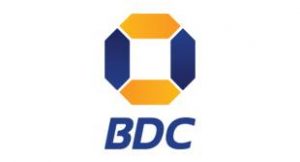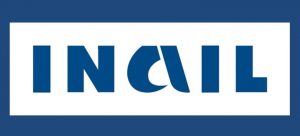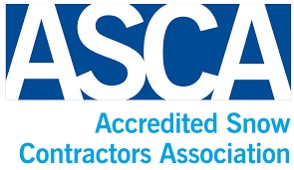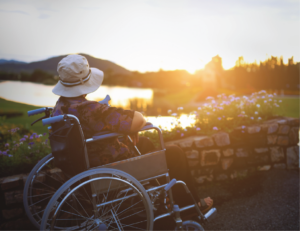Case Study
Accreditation helps the Botswana National Dosimetry Laboratory to grow
The control of occupational radiation exposure through the provision of Dosimetry services is an integral part of one of the three main principles on which protection against ionizing radiation is based – the principle of optimization of radiological protection. The premise of optimization is that all reasonable efforts are made to reduce doses due to individuals taking into account social and economic factors.
The International Atomic Energy Agency (IAEA) Basic Safety Standards require the optimization principle to be applied in the control of occupational exposure in the workplace by radiation users. The efforts of the users in setting up and implementing a system of radiological protection can be achieved if routine monitoring is carried out. A dosimetry laboratory provides the service of measurement of radiation doses absorbed by radiation users, and helps them to ensure that occupational doses are kept as low as reasonably achievable (ALARA). As such, it is important to ensure that the measurement results produced by the laboratory are accurate and reliable.
The Botswana National Dosimetry Laboratory (NDL) provides personnel monitoring service to monitor external exposure of radiation workers to ionizing radiation during the course of their work and environmental monitoring service to monitor ambient radiation levels. The primary reason for conducting monitoring is to prevent some health risks associated with radiation exposure by ensuring that occupational doses do not exceed recommended dose limits.
The accreditation journey of the NDL started in the year 2011 with the establishment and implementation of a quality management system based on the requirements of the ISO/IEC 17025 Standard. Application for the initial accreditation was made with Southern African Development Community Accreditation Service (SADCAS) in July 2012. After a successful initial assessment in October 2012, accreditation was granted in January 2013 for a period of five years up to January 2018. Throughout the five years, the laboratory maintained the accreditation status. Having realized the full benefits of accreditation, the laboratory management took a decision to apply for re-accreditation in April 2017. SADCAS conducted a full re-assessment in October 2017 and subsequently granted the NDL re-accreditation in February 2018 for another five years.
Some of the accreditation benefits realized by the Botswana NDL include the following:
- Improved Competitiveness of the Radiation Monitoring Services – Accreditation has improved the competitiveness of the radiation monitoring services provided by NDL. The NDL is the sole provider of these services in Botswana. Before establishment of the NDL in 2007, some radiation users got the service from external dosimetry laboratories outside Botswana. Currently, NDL is used by all licensed radiation users and is the proposed dosimetry service provider for radiation users applying for licenses. This shows that services provided by NDL are competitive.
- The NDL started privision of personnel monitoring services to thirty (30) occupationally exposed workers (OEWs) in May 2007 and the number has increased to 1651 as at March 2018. The demand for personnel monitoring of OEWs has been growing every year.
- Improved Organizational Image – Because of the global outlook of the Radiation Protection Inspectorate (RPI) and its participation in international networks through the accredited NDL, RPI was the preferred destination by the IAEA to send officers from Member States in Africa for fellowships and scientific visits, the purpose of which was to infuse best benchmark practices and particularly the concept and practice of management systems.
- Confidence in the Dose Results – Before the NDL was granted accreditation, some customers used to doubt the accuracy and reliability of the dose results produced by the laboratory. Ever since the laboratory was granted accreditation, no customer has complained about the results. This shows that customers have confidence in NDL’s ability to provide accurate and reliable results.
- International Recognition of the NDL – Owing to her achievement in implementing a laboratory QMS and providing accredited radiation monitoring services through NDL, Botswana was in 2017 invited by the International Atomic Energy Agency (IAEA) to be part of the Steering Committee to establish the ALARA Network for the Africa Region. The Network has been established and is used as a platform to share experiences and best practices on dosimetry issues with Botswana at the forefront of quality management issues.
Further, Botswana was chosen as the host for a regional training course on quality management system for dosimetry services to allow IAEA Member States from the region to appreciate and tap into the accreditation experience of the NDL. These invitations made to Botswana are a vote of confidence in the country and in the quality of its radiation monitoring system provided by NDL.







